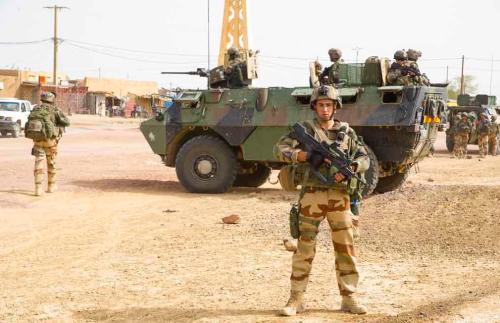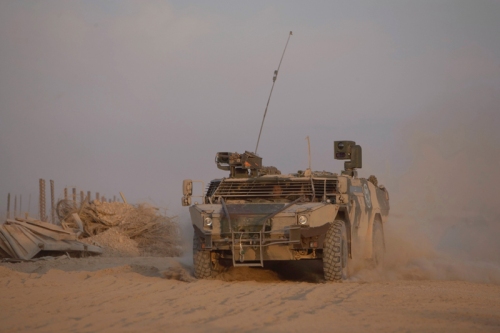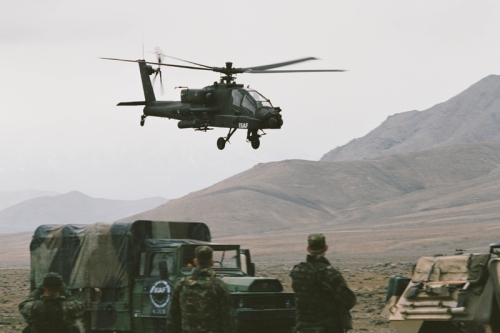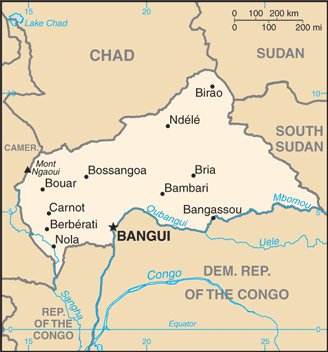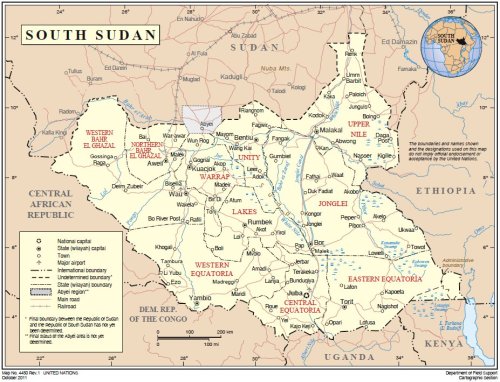President Francois Hollande announced on Wednesday that France would be reducing its force in Mali, which currently stands at approximately twenty-five hundred personnel. France had deployed thousands of troops at the peak of its intervention, Operation Serval, which began in January 2013. France is now looking to reduce its contribution in the country down to some sixteen hundred individuals by the middle of next month.
The French are hoping to shift some of the burden onto other nations contributing forces to the UN mission in the country, the United Nations Multidimensional Integrated Stabilization Mission in Mali (MINUSMA). Among these contributors are the Dutch, who announced in November that they were planning on sending a contingent to the country. In December, the Dutch parliament approved the deployment of a force of almost four hundred individuals and associated equipment in support of the MINUSMA mission. The Dutch had previously assisted in the rapid deployment of French forces in the open phases of Operation Serval, along with other nations like the United States. The US effort, codenamed Operation Juniper Micron, lasted well into last fall.
What is interesting about the Dutch deployment, which is scheduled to be completed by April, is its focus on improving intelligence capabilities. MINUSMA has itself established an All Sources Information Fusion Unit (ASIFU) in the capital Bamako, to manage the flow of intelligence information to and from peacekeepers. A need for greater intelligence has been a continuing issue for peacekeepers in Mali. While international forces provide security in most large population centers and patrol Mali’s limited highway network, militants have continue to operate with a certain impunity outside of those areas, notably in the country’s sprawling and sparsely populated northern regions. The lack of government presence in these areas has led them to have been referred to as ungoverned or under-governed spaces by the US in the past.
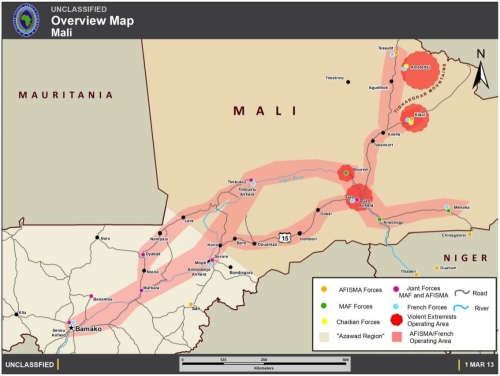
Overview Map – Mali, as of 1 March 2013. This shows that at the time the area of operations for peacekeepers was limited almost entirely to Mali’s sparse road network.
To combat this, the French have recently begun deploying MQ-9A Reaper unmanned aerial vehicles to neighboring Niger, where the US also has a drone operation. The French deployment is specifically focused on operations in Mali, while it is likely the US operation involved overflights there as well. The US has been conducting intelligence overflights in the region for some time as part of operations like Creek Wind and Creek Sand.
In this same vein, the Dutch contribution is centered around contingents from the Korps Commandotroepen (Commando Corps) and the Korps Mariniers (Marine Corps), with the primary mission of conducting long-range reconnaissance type missions. These special operations forces type units will also look to seize and destroy arms caches and apprehend militants hiding in remote areas. These units will be equipped with numerous light vehicles to support their mission, including the Fennek reconnaissance vehicle. Also, the force will include four AH-64D Apache helicopters, again primarily to support reconnaissance efforts, but also capable of conducting show of force and fire support missions. To help coordinate these efforts with the rest of MINUSMA, the Dutch will provide personnel to the ASIFU in Bamako. A small contingent of military police to train Malian police and promote rule of law in the country round out the contingent.
Since the French intervention and subsequent establishment of MINUSMA last year, a certain calm has returned to Mali. However, it remains to be seen whether the government and Tuareg rebels can reach an agreement on how to end their dispute. The Tuareg insurgency is a significant part of the current crisis. The other significant factor is Islamist militants, said to be linked to Al Qaeda in the Islamic Maghreb (AQIM). The leader of one of these groups, Mokhtar Belmokthar, who’s al-Mulathamun Battalion was recently declared a Foreign Terrorist Organization by the US, released a new threat yesterday against the French in North Africa specifically over operations in Mali. The Tuaregs and the Islamists have their own on-again off-again relationship, further complicating matters. International forces have primarily focused on controlling Islamist groups rather than the Tuaregs.
